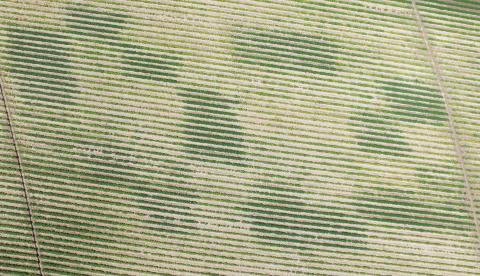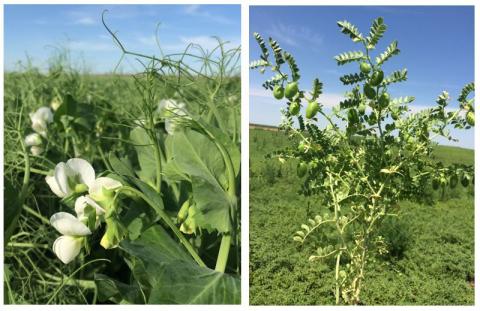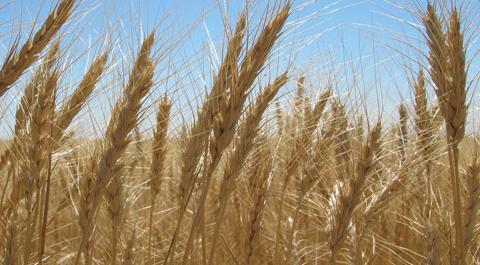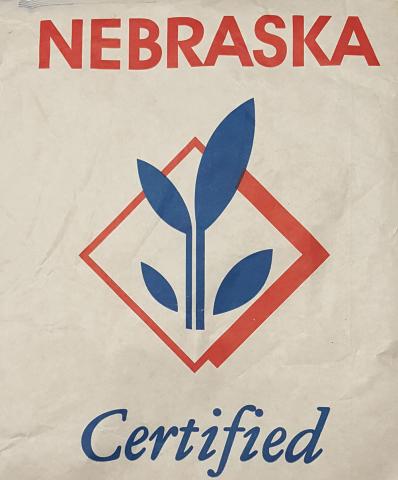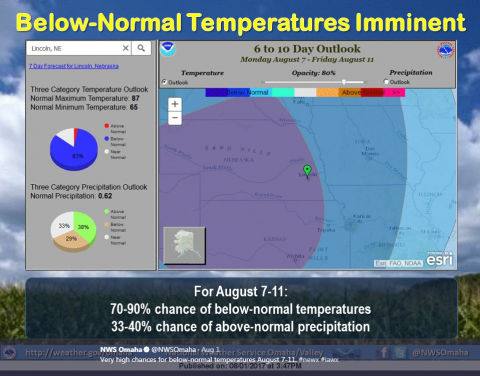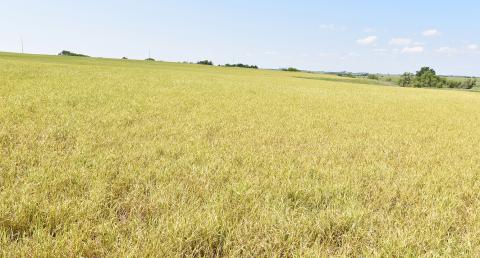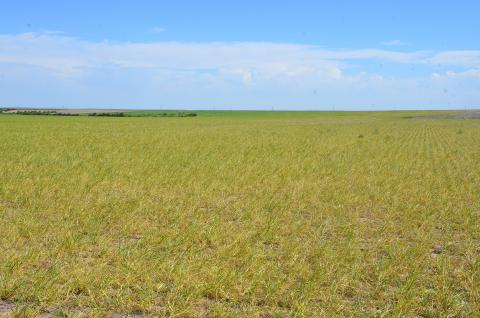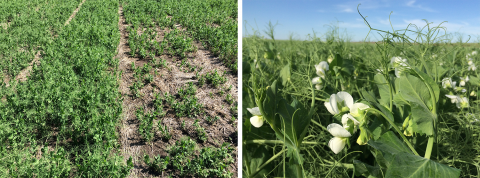Coal Combustion Residue: A Potential Soil Amendment
February 22, 2018
University of Nebraska researchers applied char, a by-product of sugar beet processing, at three sites to study its effect on soil properties.
January Pulse Crop Programs Offer Two Approaches to Fit Your Needs
January 9, 2018
Learn about and engage with the expanding pulse crop industry at two events being held in western Nebraska this month: the Pulse Crops Workshop Jan. 17 at Bridgeport and the Pulse Crops Expo Jan. 18 at Grant. Check the agendas and register for one or both events by Jan. 16.
Recap of 2017 Western Nebraska Wheat Crop and Implications for 2018
August 31, 2017
Some growers in western Nebraska had their best winter wheat yields ever in 2017 while others had some of their lowest yields. Moisture availability and disease were among the factors. See breakdowns by area.
Making the Case for Certified Wheat Seed
August 30, 2017
Planting certified wheat seed offers a number of advantages, often including the most recent genetics and higher yield and quality, over bin-run seed. And, when hidden costs are includes, costs for the two options can be similar.
Scout Corn Fields for Kernel Set
August 4, 2017
Considering the day to day and week to week variability in weather we’ve experienced and the wide range of regional conditions across Nebraska this year, scouting fields for kernel set and overall condition may be more important than ever. Check out these corn reports from across the state.
Protect Future Wheat Yields: Control the Volunteer Green Bridge
August 2, 2017
Wheat streak mosaic virus (WSMV) problems have been extensive throughout the western Great Plains this year, significantly reducing the yield potential of many fields. A critical key in managing this threat in the next crop is elimination of volunteer wheat. Tillage or chemical weed control should occur at least one month before planting to allow host plants time to dry up and cease being a host.
Why Control of Volunteer Wheat is Critical to Protecting 2018 Yields
July 13, 2017
Timely control of volunteer wheat and other weeds is key to managing yield loss risk in your 2018 crop. Yield-limiting risk factors affected by weed control include wheat streak mosaic and other diseases, insects (wheat stem sawfly and disease vectors), moisture loss, and increased weed seed production.
Field Pea Field Days Scheduled for June at 5 Locations across Nebraska
May 24, 2017
Field day participants will be able to view field pea varieties and learn about rotational benefits and agronomic practices to profitably grow field peas and integrate them with existing cropping systems.

